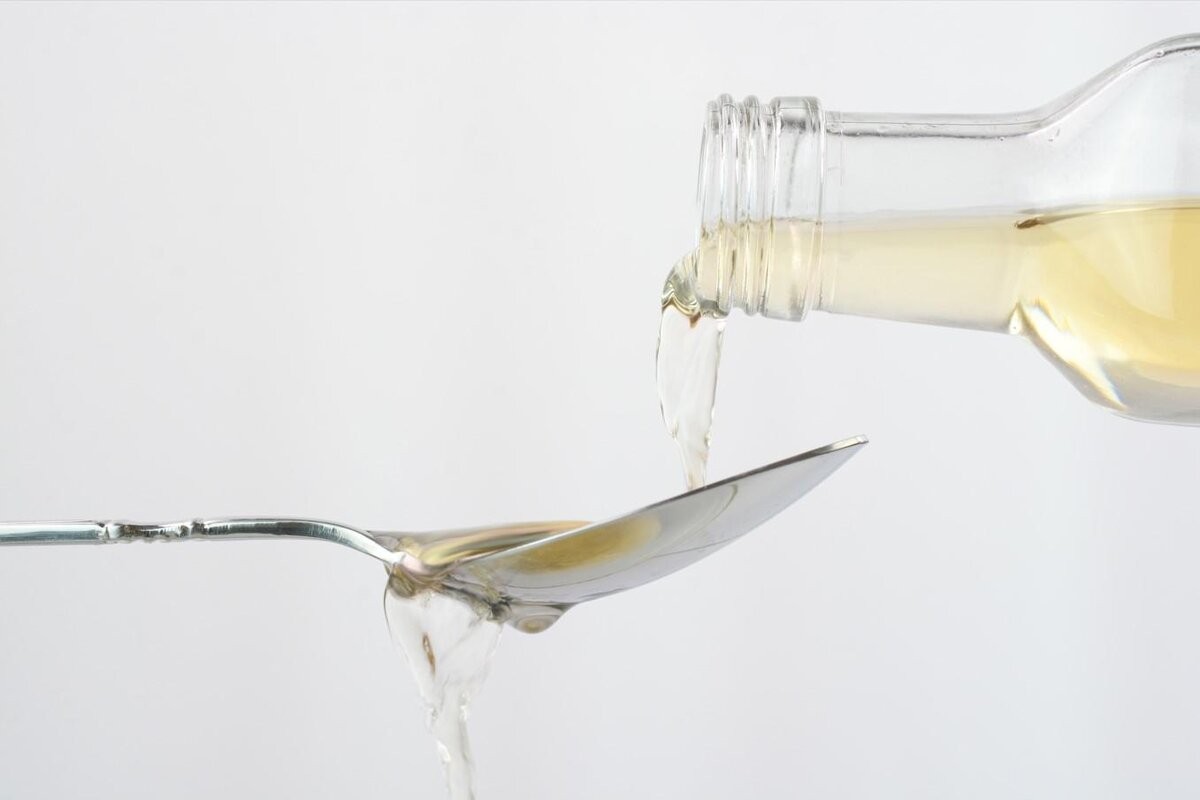The Apple Cider Vinegar Question: Miracle Cure or Just a Flavorful Habit?
Apple cider vinegar (ACV) is a fermented product made from apples and yeast. In its raw, unfiltered form, fermentation can continue in the bottle, preserving more nutrients. Yet there is no solid clinical evidence that ACV provides health benefits. Its acidity is real: a tablespoon has about 3 kcal and is mostly water with trace antioxidants; darker liquids may harbor more antioxidants. The bottle also contains minerals like potassium, magnesium, calcium, and phosphorus. ACV has long been used in cooking, folk medicine, and cosmetics, but claims of health miracles remain unproven and can carry risks if misused.

In This Article:
How Apple Cider Vinegar Is Made and Why It Differs
Apple cider vinegar is produced by crushing apples and mixing them with sugar and yeast to start fermentation. A few weeks later, the sugar turns into alcohol, and natural bacteria convert it to acetic acid, giving the sour taste and aroma. ACV can be raw, unfiltered, or unpasteurized—these forms keep fermentation ongoing and preserve more nutrients. Pasteurized versions may have fewer beneficial components. In cooking, ACV is a common ingredient in dressings, pickles, and marinades. Historically, it was used to fight microbes and prevent heartburn, and people still use it for skin or hair care.

What the Science Says About Health Effects (If Any)
There are no proven health benefits for ACV. Some studies report small effects on weight management, blood sugar, and cholesterol, but results are inconsistent and not strong enough to justify health claims. Adding vinegar to meals may blunt the rise in glucose and insulin after eating. A 2020 study found that a tablespoon of vinegar taken with meals twice daily helped lower fasting blood glucose in people with type 2 diabetes. In a Japanese study, 12 weeks of 15 ml of vinegar with meals reduced body weight, waist circumference, and BMI among overweight participants; the researchers used pear vinegar, but the proposed mechanism could apply to apple cider vinegar as well. Other experiments show vinegar can improve insulin response after meals. Some evidence suggests it may help suppress appetite for about two hours after a meal, though long‑term effects remain unproven. ACV can balance skin pH and has antibacterial properties, but some eczema studies found no barrier improvement and even irritation; undiluted vinegar can cause burns. Beyond health effects, vinegar has been used for cleaning, disinfection, and preserving foods, and may extend shelf life.

Safe Use, Warnings, and Expert Voices
Consult with a doctor before adding ACV to your diet. Do not drink it neat; dilute with water before consumption. Vinegar concentrations vary: typical table vinegar is 4–8% acidity, while marinades can be as high as 18%. Regular consumption of very acidic vinegar can irritate the esophagus and teeth, cause stomach upset, and interact with medications such as diuretics, laxatives, and insulin. Large doses may lower potassium levels.


